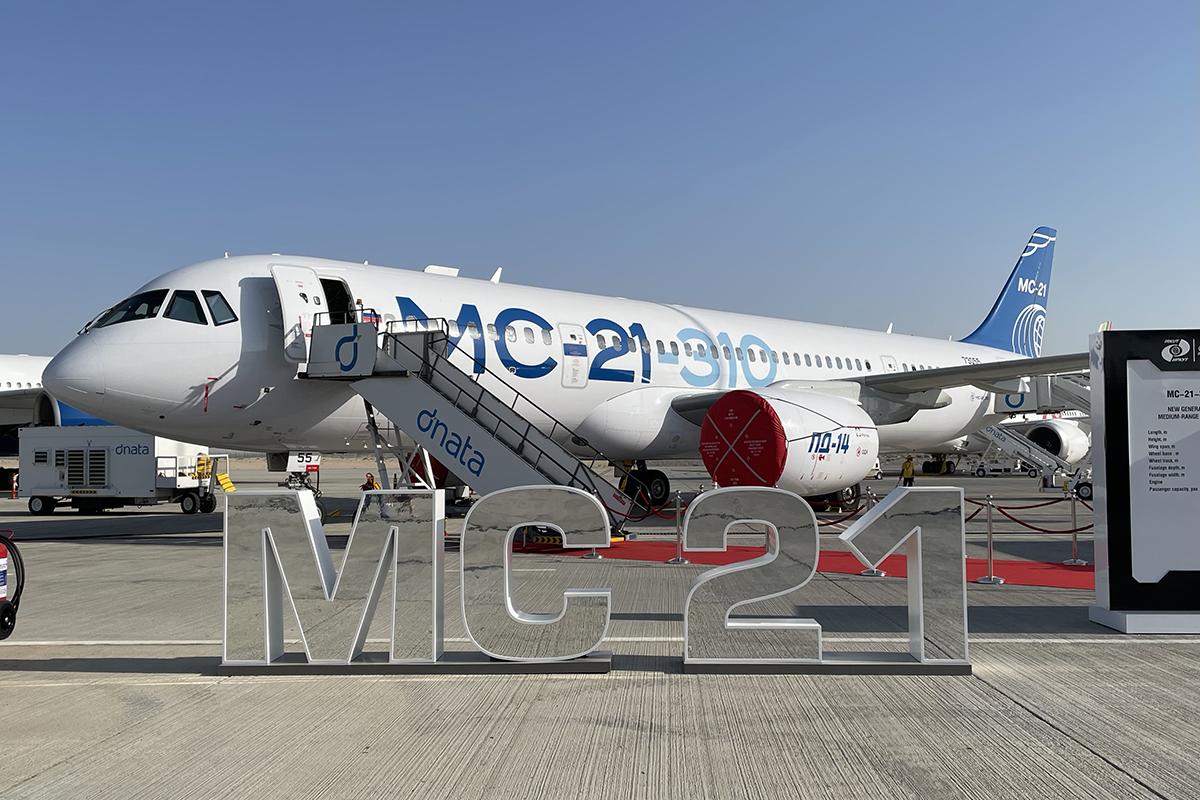Sanctions Delay Serial Production Of Russia’s MC-21 By Two Years

Credit: Aviation Week Network
Serial production of Russia’s new Irkut MC-21 narrowbody airliner will begin one to two years later than planned, the country’s Deputy Prime Minister Yury Borisov confirmed March 31 after a meeting on the development of the Russian air transport and aircraft industry held by President Vladimir Putin...
Subscription Required
This content requires a subscription to one of the Aviation Week Intelligence Network (AWIN) bundles.
Schedule a demo today to find out how you can access this content and similar content related to your area of the global aviation industry.
Already an AWIN subscriber? Login
Did you know? Aviation Week has won top honors multiple times in the Jesse H. Neal National Business Journalism Awards, the business-to-business media equivalent of the Pulitzer Prizes.


